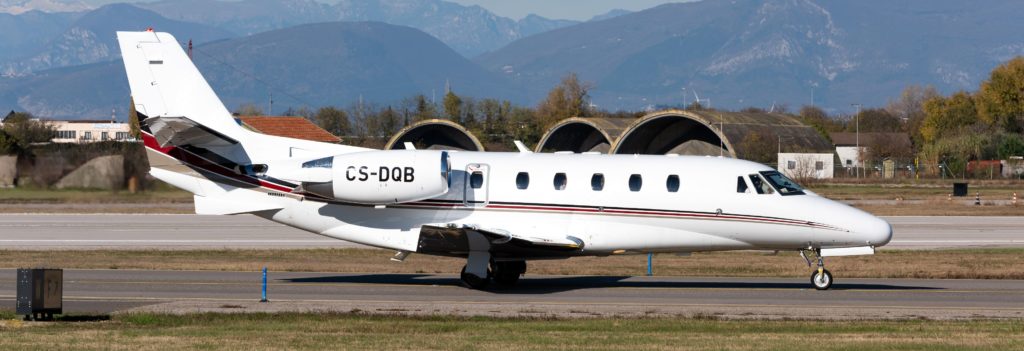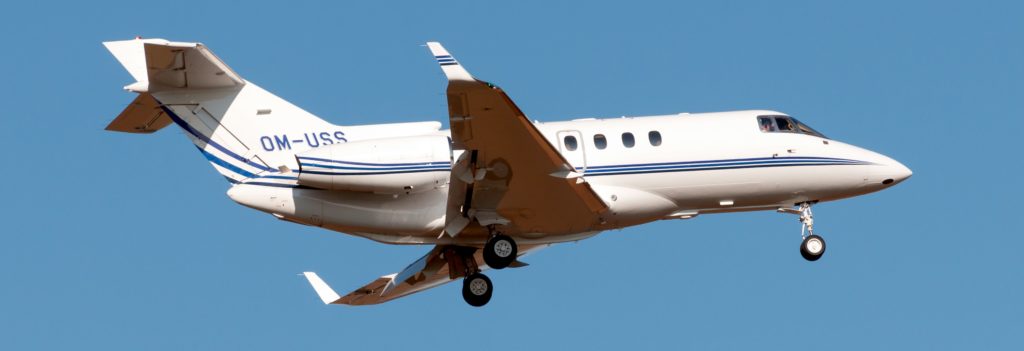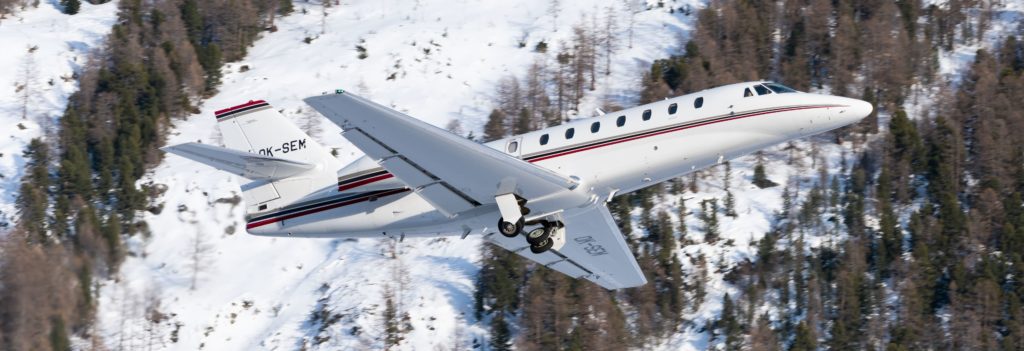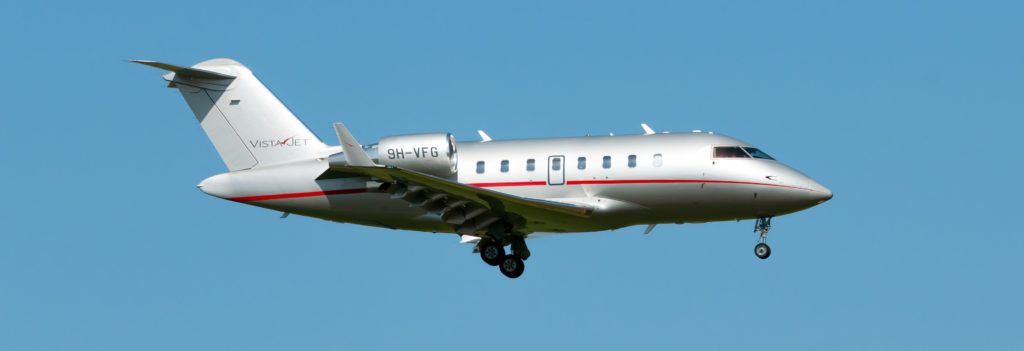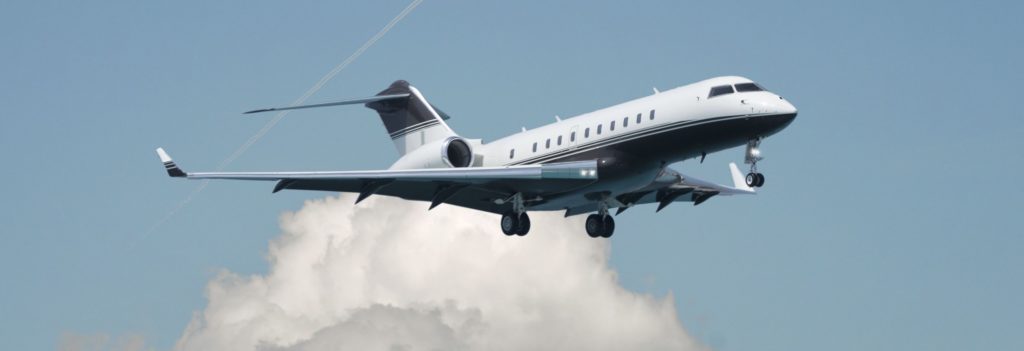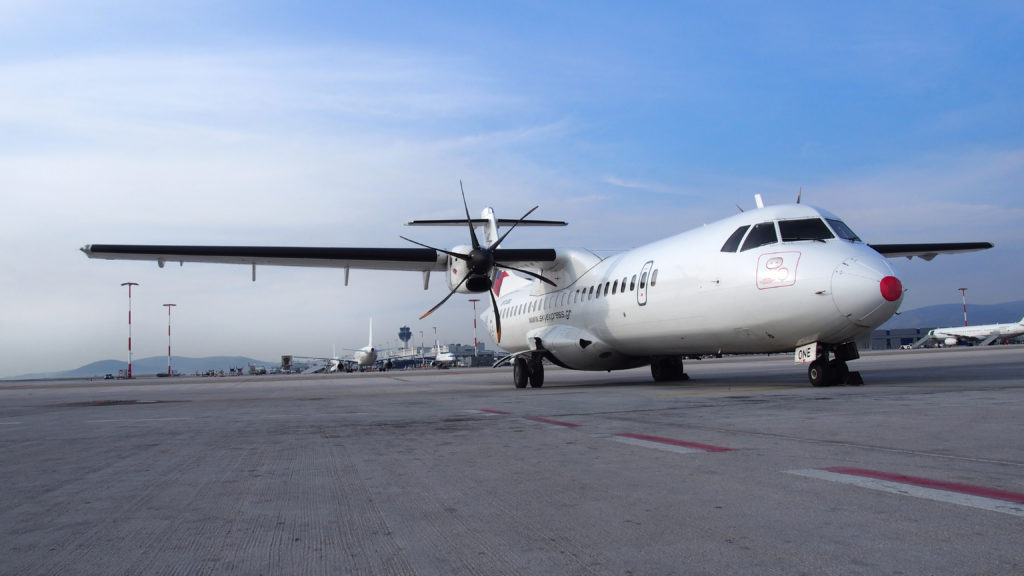Flying Sustainably with PASflights
As a company that is aware of its responsibilities, we at PASflights have made sustainability and sustainable flying one of the central goals in our corporate philosophy. We know that every contribution counts to make our planet livable for future generations. For this reason, we are actively and increasingly committed to working with our customers and partners to reduce the ecological footprint on this planet by flying sustainably. With our partner ClimatePartner, we at PASflights offer the opportunity to make a CO₂ offset and are thus following the example of numerous well-known companies that are also taking on this significant task.
Would you like to rent a Boeing or charter an Airbus? We will make you an individual offer at any time and tailor the entire trip to your wishes. With our Commercial Jet Charters, we reliably take care of the entire organization and every detail. Whether 20 or 480 passengers, the Commercial Jets offer you a cost-effective way to organize group travel. And, of course, with the latest technology.
Why sustainable flying is so important
“Increasingly rapid globalization is as much an opportunity as it is a responsibility for all of us.” – Birte Kipke, CEO PASflights
On request, we ensure that our customers fly sustainably by determining the CO₂ emissions generated by their flight and converting them into an offset contribution. This then supports recognized climate protection projects certified according to international standards. For us, flying sustainably means taking action.For us, flying sustainably means taking action. Your contribution to CO2 offsetting goes to changing climate protection projects such as forest protection in Pará, Brazil, solar energy in Omaheke, Namibia, and wind energy in Maliya, India. Feel free to learn more about our environmental footprint and about us as a company.
We are aware that the airline industry in particular is heavily criticized when it comes to climate protection. Nevertheless, flexible mobility is a central issue in today’s globalized society and individual flight solutions are more in demand than ever. This is precisely where we at PASflights see an opportunity. Sustainable flying brings with it great potential to make a decisive difference.
“The CO₂ offset is just the logical and right consequence of all the things we have already been doing for many years.” – Birte Kipke, CEO at PASflights.
A certified climate project combined with additional commitment
Climate project + tree planting, International + Germany
A certified climate project combined with additional commitment
This combined project contributes to the financing of a certified climate project and additionally supports tree planting in Germany. For every tonne of CO2 saved through the contribution via a certified climate project, we plant one tree in Germany. This way, we promote the conversion of structurally poor forests and monocultures into more resilient mixed woodlands that can better adapt to changing climate conditions.Currently , tree planting in Germany is combined with a certified forest protection project in Brazil. It protects 99,035 ha of Amazon rainforest, which is home to a great diversity of plant and animal species (climatepartner.com/1475).Combined climate projects to date: forest protection, Pará, Brazil (climatepartner.com/1056) and forest protection, Mataven, Colombia (climatepartner.com/1402 and climatepartner.com/1288).
Our additional commitment: One tree for every tonne of CO2 reduced
With our combined project, we combine verified emission reductions through a certified climate project with additional commitment. European ecosystems are also affected by climate change: Tree species such as spruce suffer from drought because their shallow roots do not reach deeper, water-rich layers of soil. Thus, they are weakened and particularly susceptible to pests. Storms also take a heavy toll on these shallow-rooted tree species.
Our additional commitment addresses this issue and supports the reforestation and conversion to more resilient mixed forests: We plant trees in cooperation with experienced organisations and enable our customers to participate in the planting campaigns.
Climate project + ocean protection, Worldwide
A certified climate project combined with additional commitment
This combined project contributes to the financing of a certified climate project and additionally supports international ocean protection. For every tonne of CO2 saved through the contribution via a certified climate project, 10 kg of plastic is collected in coastal regions. This intercepts plastic before it enters the sea and protects sensitive marine ecosystems.
Currently, ocean protection is combined with a certified cookstove project in India (climatepartner.com/1499). By using more efficient cookstoves, less firewood is needed, thus minimising deforestation. Combined climate projects to date: Forest protection, Lábrea, Brazil (climatepartner.com/1475), solar energy, UP, Karnataka and Maharashtra, India (climatepartner.com/1429), solar energy, Jaloya, India (climatepartner.com/1390), wind energy, Luzon, Philippines (climatepartner.com/1091) and wind energy, Vader Piet, Aruba (climatepartner.com/1040).
With our combined project, we combine verified emission reductions through a certified climate project with additional commitment that protects our oceans. Oceans store a quarter of the CO2 from the atmosphere and even 93 percent of the heat caused by the greenhouse effect – making them a major brake on climate change. Warming, overfishing, pollutants, and waste endanger this balancing function. Over 8 million tonnes of plastic waste end up in the sea every year. Especially in developing countries that often lack infrastructure for proper waste disposal.
Plastic Bank empowers ethical recycling communities in vulnerable coastal areas. Community members exchange plastic at local collection branches for life-improving benefits, such as health and life insurance, meal vouchers, and secure income.
Contact
DO YOU HAVE ANY QUESTIONS? WE ARE HERE FOR YOU - BY MAIL,
CONTACT FORM OR BY PHONE!

Fly more than sustainably with PASflights: Book a rail ticket and take the next step
We have set our priorities and look forward to tackling them together with you. From helicopters to turboprops to private jets or wide-bodied aircraft, choosing PASflights for your flight means you can fly sustainably by working with us to provide CO₂ offsets. In this way, we not only reliably get you to your destination, but also commit ourselves to a common mission. In addition, PASflights offers to book rail tickets to get to events or to the departure point.
So we not only support you with sustainable flights for groups or private concerns, but also plan the ideal train journey for your guests and you. This way, you already save CO₂ emissions during the journey and the way from the plane to your event and protect the environment in this way.
If you have any further questions or suggestions regarding sustainable flying, please contact us by phone or via our inquiry form.
We look forward to hearing from you!



